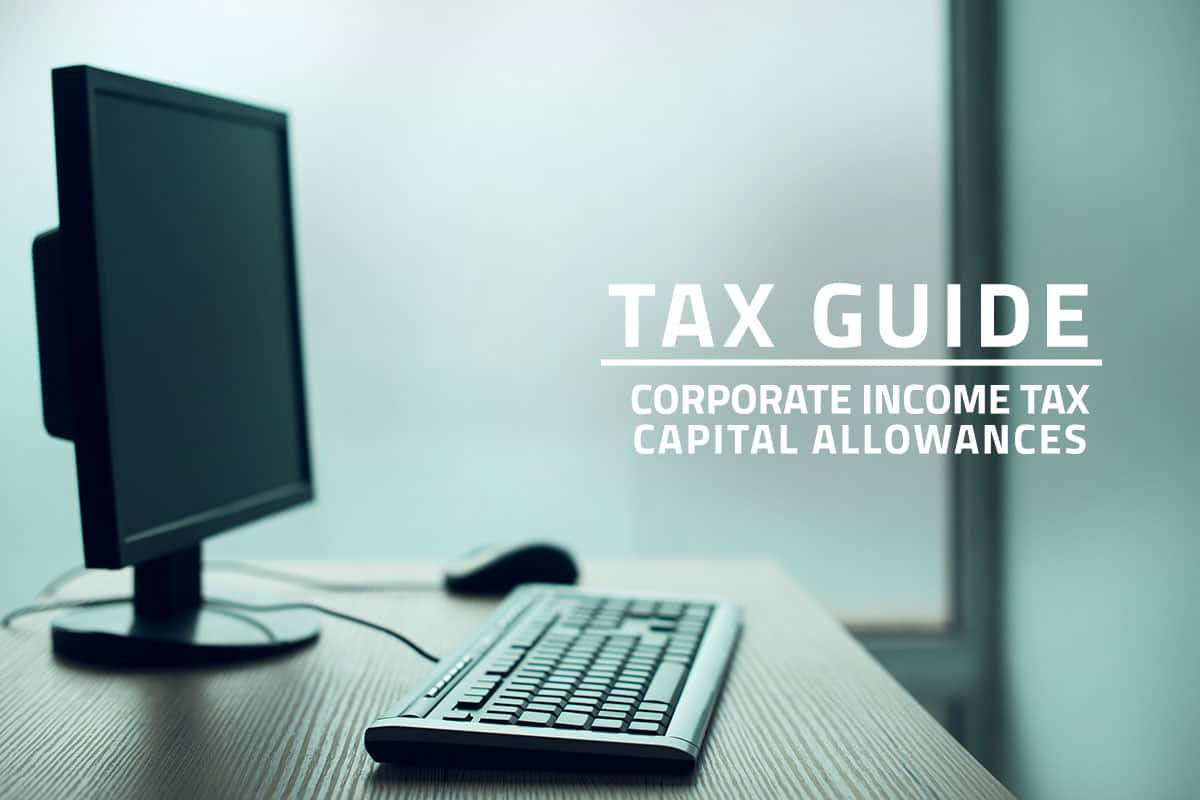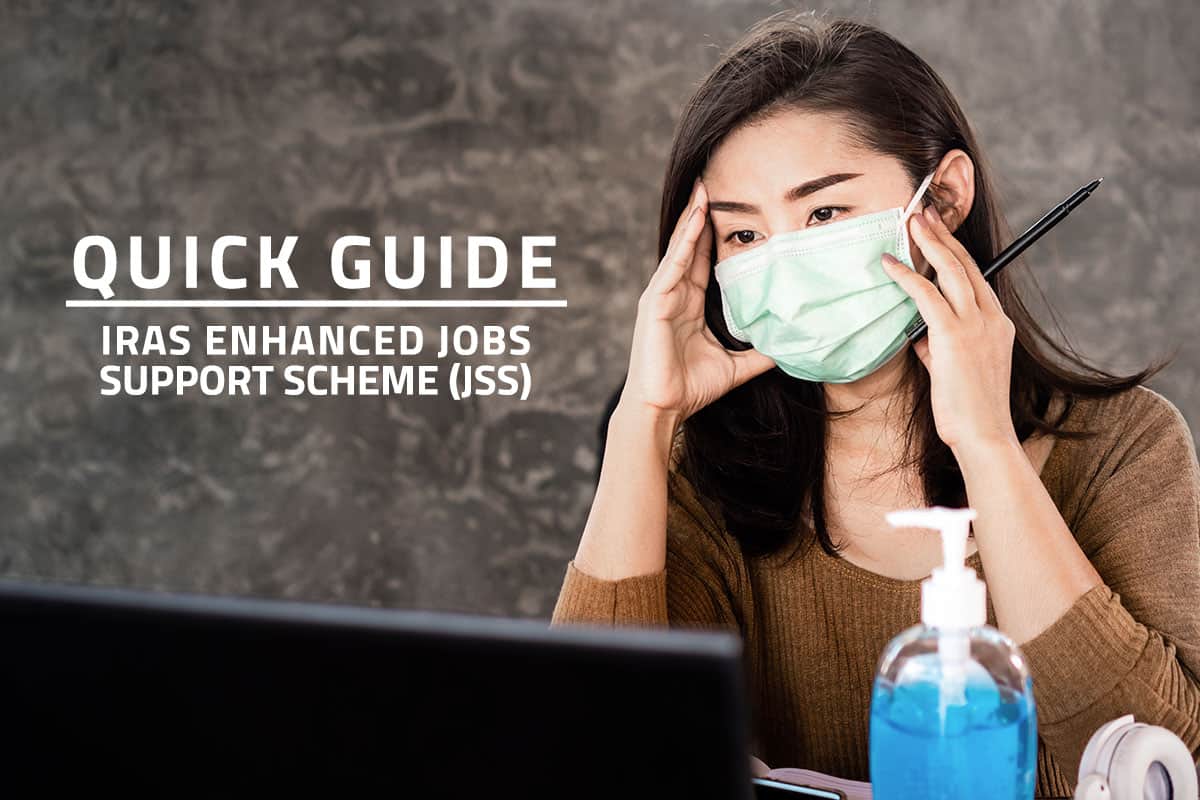By Singaporean legislation, the Inland Revenue Authority of Singapore (IRAS) is tasked with the administration of taxes for individuals and companies in the city-state. When filing annual income tax returns, a GST registered company may claim back GST incurred on business expenses and quarterly GST returns are submitted to IRAS.
What is GST?
Goods and Services Tax or GST is a broad-based consumption tax charged in addition to the price of imported goods, as well as a wide-ranging category of goods and services in Singapore. GST is more commonly known as the Value-Added Tax (VAT) in overseas developed countries such as Japan or Korea.

Conditions for becoming a GST Registered Company
GST Registration may either be Compulsory or Voluntary for companies in Singapore however the law specifies mandatory registration for Singapore incorporated companies as a GST Registered Company if the value of their taxable turnover exceeds a specified threshold. A company’s taxable turnover refers to the value of sales made which are considered taxable supplies for GST in Singapore.
- Companies that have been operating and recorded past sales figures may take the Retrospective View to determine if they are liable for GST registration.
- If the taxable sales for a total of 4 quarters ending March 2018, June 2018, September 2018 and December 2018 exceeds SGD 1 million, the company is liable for compulsory GST registration. For example, if the company’s total sales for all 4 quarters in 2018 amounts to SGD 1.2million, the company must apply to become a GST registered company with IRAS. These companies would then need to submit proof and documents such as their historical financial sales figures to IRAS for the registration process.
- On the other hand, companies may take a Prospective View if they forecast that future annual taxable sales for the coming 12 months made will be more than SGD 1million.
- In these cases, companies must provide supporting evidence such as a finalised signed agreement, customer acceptance of delivery orders or historical financials that show an increasing trend and an amount that is close to SGD 1million in sales. These companies must be fairly certain on their forecast based on solid evidence such as market assessment, business plans or sales targets.
For sole proprietors, business turnover relates to income derived from all trades. GST registration will be made under your name. For partnerships, the total sales figure should be the total revenue of all partnership business consisting of the same partners. For companies, one company is considered a legal entity on its own and the company’s sales figures are taken as the turnover basis for GST registration to be made under the company name.
Exemption conditions for being a GST Registered Company
Singapore companies are not required to be a GST registered company if over 90% of their total sales recorded come from wholly exempt supplies or are zero-rated supplies. For example, if a company’s zero-rated sales amounts to SGD 1 million while its total sales reach SGD 1.1million, the total zero-rated sales over total sales is equal to 90.1% so the company is eligible to apply for exemption from GST registration.
Another condition for exemption application is that the company is in a net refundable GST position. This means GST that would have been collected from sales made exceeds GST that has been paid for supplies purchased. Companies being granted exemption must continue to monitor the percentage of zero-rated sales and net GST refundable or claimable position to ensure their GST compliance.
Reverse Charge and Overseas Vendor Registration
Under the reverse charge regime, companies that source services from overseas suppliers may be required for GST registration and would not be entitled to the full input tax credit. The overseas vendor registration regime also stipulates mandatory GST registration for overseas suppliers or overseas/local electronic marketplace operators that supply digital services to clients in Singapore.
Administrative deadlines and penalties for non-compliance
Should a Singapore company become liable for GST registration after meeting all the criteria mentioned above, then it should process an application for GST registration within 30 days. If the company is late in applying for registration, then IRAS will impose a fine of up to SGD 10,000 and a penalty of 10% of GST owed. Companies that fail to meet the registration date are also liable to pay GST for past sales made even if GST was not collected during these sales.
To avoid these serious consequences, consulting a qualified tax professional is a good option. Seeking professional tax advise will help clear up any doubts regarding the GST registration process as well as ensure your company remains GST compliant in Singapore.
Related Posts
Tax Guide: Singapore Capital Allowances
By law, all Singapore Companies are required to file annual income tax returns to the…
Quick Guide: IAS 20 – Accounting for Government Grants
This year, the COVID-19 crisis has adversely impacted the global economy. Singapore is no exemption,…
Singapore Guide: ISCA FRB 6 – Accounting for Jobs Support Scheme
This year, the COVID-19 pandemic has inevitably adversely impacted the global economy. Singapore companies and…
Quick Guide: Singapore’s Enhanced Jobs Support Scheme (JSS)
The Singaporean government launched the Jobs Support Scheme (JSS) in late April as part of…












